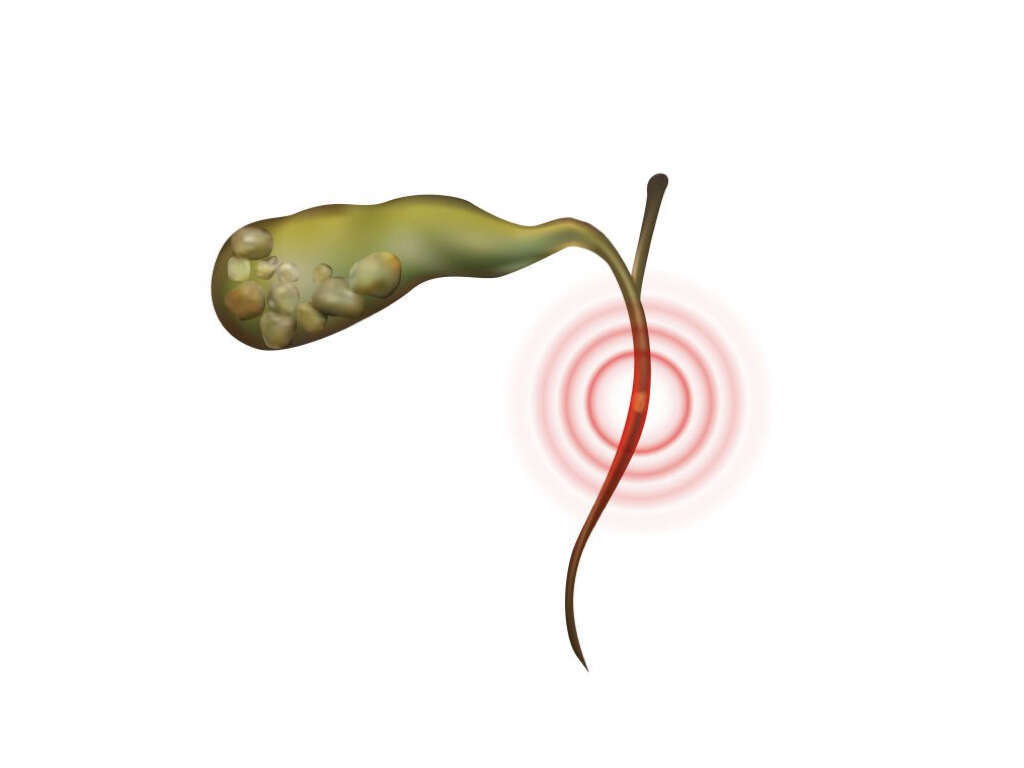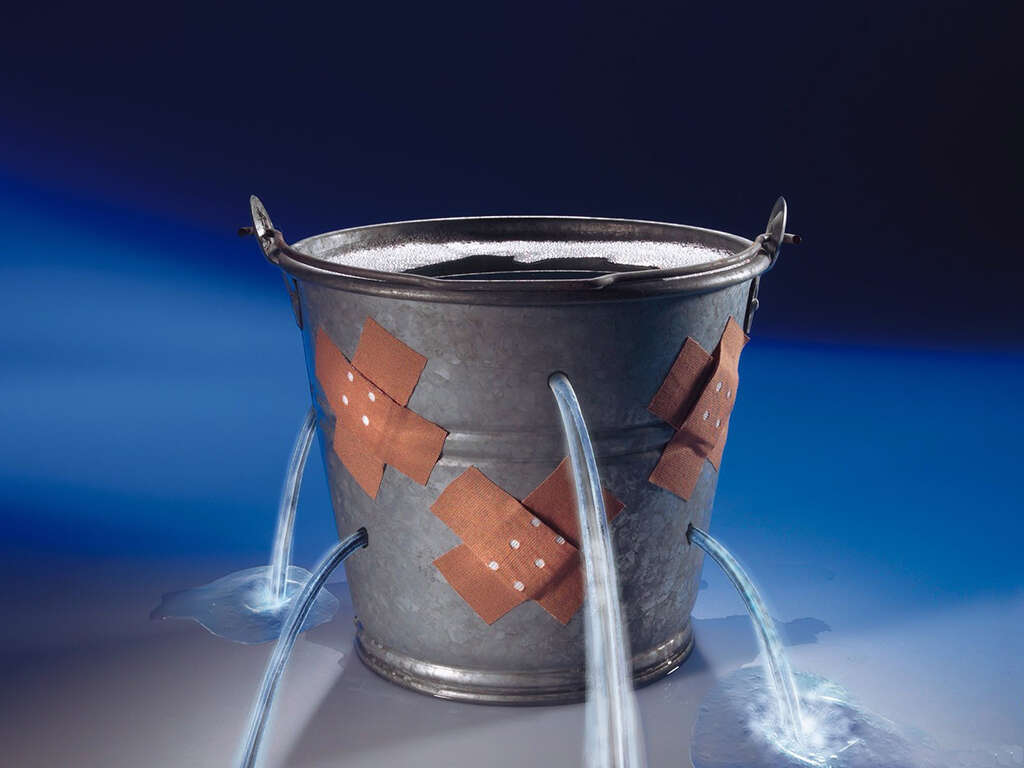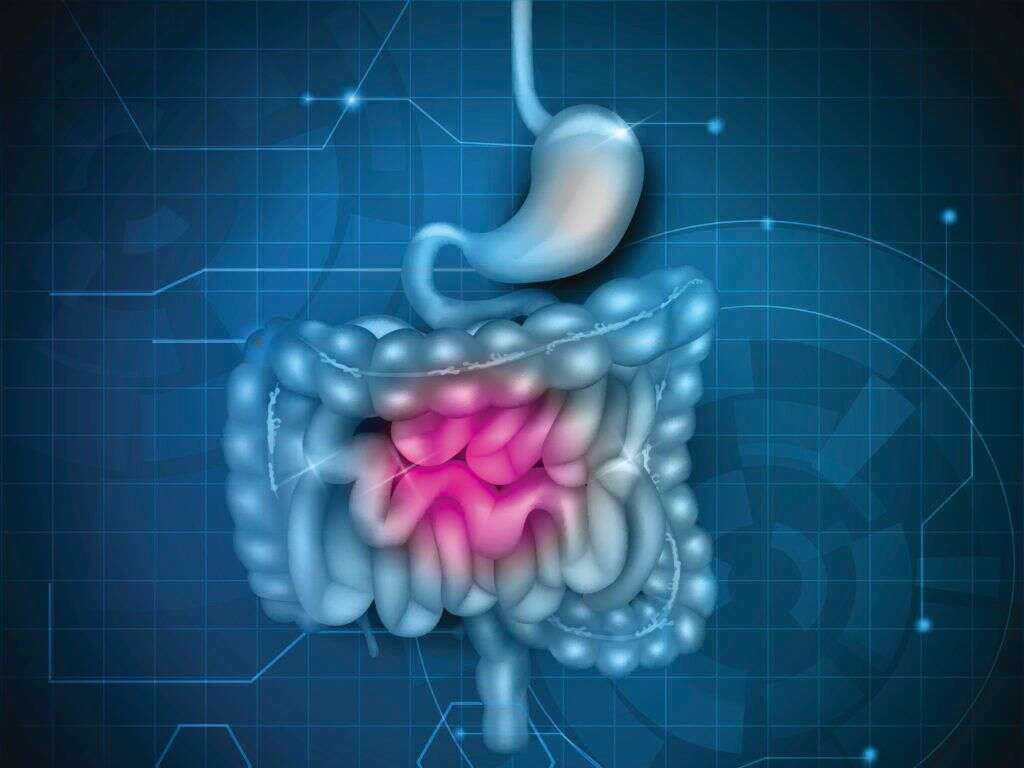What Is Bile?
10. What Happens If You Have No Bile?
The importance of bile is best seen when its secretion is impaired by either genetics, developmental, or acquired cholestatic diseases. In most cases, this may cause interference with the flow of bile from the liver and problems with the absorption of fat and fat-soluble vitamins.
Furthermore, it may also lead to the development of progressive neurological disease in the absence of liver disease. In most cases, signs and symptoms are present at birth, or during the early years of a child’s development. Most of these disorders can be successfully treated through bile acid replacement therapy, where the missing bile acids are replaced. If left untreated, these conditions may progress to fatal complications such as liver cirrhosis and liver failure.
Advertisement












